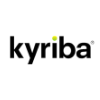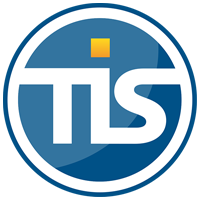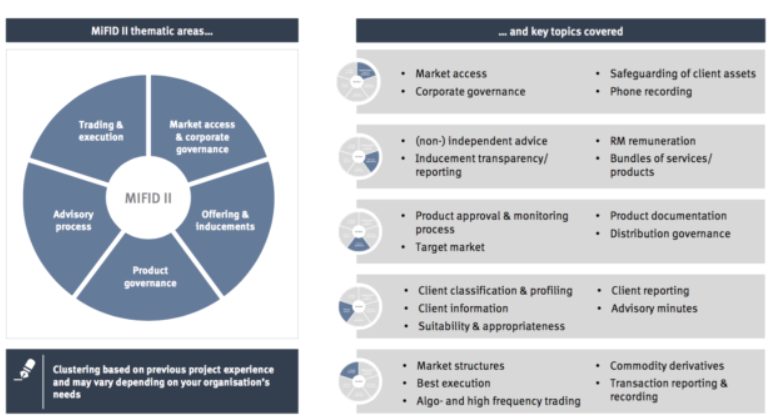The Case for a Global Payment Hub
02-02-2021 | treasuryXL | Kyriba |
Global corporate payments technology is changing at a rapid pace. So rapidly, in fact, that internal IT-managed platforms are not able to keep up and the challenges that ensue are left for the IT team to sort out.
These challenges include:
- Insufficient Controls
It is up to IT to protect assets from digitized fraud capabilities that are able to penetrate the standard four-eye principal and, in order to do so, IT will need to enhance controls. - Custom Banking Formats
Each bank has its own specific requirements that, even within the same bank, may differ depending on payment type and bank branch location. The number of custom formats needed can make it difficult for IT to meet all global banking format customization requirements. - Infrastructure Costs
The cost of building and maintaining payment connectivity infrastructure, especially given the customization requirements, can easily exceed what a company anticipated. - Delayed Project
Established bank connections will need to be rebuilt as ERPs migrate to the cloud, which can greatly delay the project. And, rebuilding the connection is often made more difficult as employees leave and retire, taking with them the tribal knowledge of how the original architecture was deployed.
Let’s evaluate some of these in the context of the return on investment (ROI) your organisation would achieve by deploying a connectivity as a service global payment hub.
Enhancing Controls
The most common vulnerabilities to fraud include technical, process and simple human mistakes – and, worst case scenario, internal collusion. All of these become significantly more vulnerable when corporations rely on internally built systems and processes that depend on human control workflows with multiple checkpoints.
Today’s fraudsters are more sophisticated, able to easily penetrate corporate infrastructure and pass internal human dependent control workflows. They utilize social networks to penetrate organisations with phishing schemes that include email, as well as deep fake voice simulation software via phone that can sound exactly like your CFO or CEO requesting payment execution.
The best payment hub solution will aid the human dependent controls with machine learning technology, bringing to their attention anomalies that they must further investigate. The solution must be able to keep up with technical assets at the fraudster’s disposal – for example, based on history alerts related to banking change and volume as well as OFAC exception. Payment hubs with machine learning capabilities have demonstrated the ability to reduce corporate fraud exposure by at least 70%.
Payment Connectivity Complexities
Global banking format customization requirements are extremely complex with very limited, if any, corporate tribal knowledge related to the technical architecture and deployment. Each bank has their own specific requirements. In many cases, there may even be differences of formats within the same bank depending on branch locations. The cost of building and maintaining payment connectivity infrastructure given the customization requirements can be in the millions of dollars.
Payment hubs eliminate this cost in several ways:
- IT no longer has to manage bank connectivity with outsourced development and maintenance of bank payment formats to the hub solution. Developing this internally can take up to 9 months for each bank at a cost of up to $150K+ per bank, not including any ERP consultant fees. A payment hub solution will be able to deploy connectivity within weeks and provide 24/7/365 maintenance and support at a fraction of the cost.
- Multiple systems that previously sent payments to banks can be consolidated down to one. IT will only have to manage one format which is to the payment hub.
- Treasury can optimise banking services and remove duplication caused by the multitude of systems (including treasury and ERPs) that connected to the banks. This will standardise and enhance controls and auditability of internal workflows.
ERP Cloud Transformation
If you are considering an ERP cloud transformation or are in the process of the transition, all of the bank connectivity that is established in the current environment will have to be re-built. Given the considerations highlighted earlier tied to the complexities, re-building all of the connections internally will be costly and risk go-live.
Connectivity as a service with the right payment hub will de-risk and accelerate cloud transformation projects. In fact, payment hub solutions provide a more than 80% improvement in time-to-value related to payment go live. This return on investment is inclusive of internal man-hour efforts, external consultant fee elimination, as well as the speed of bank on boarding timelines from up to 9 months to only a few weeks.
In conclusion, payment hubs enhance controls and keep up with the ever-changing fraud environment, eliminate any risk tied to business continuity due to internal infrastructure or tribal knowledge, and finally enable a successful ERP cloud transformation deployment eliminating any risk to internal timelines or objectives.






 PSD2 (Payment Services Directive) is an extension on the existing PSD within the EU. The objective is to increase competition in the payments industry, whilst increasing access from non-bank firms. This should lead to standard payment formats, infrastructure and technical standards – at first glance an improvement for consumers. However, there appears to be a particular threat to privacy and the threat of third parties gaining excessive access to personal data.
PSD2 (Payment Services Directive) is an extension on the existing PSD within the EU. The objective is to increase competition in the payments industry, whilst increasing access from non-bank firms. This should lead to standard payment formats, infrastructure and technical standards – at first glance an improvement for consumers. However, there appears to be a particular threat to privacy and the threat of third parties gaining excessive access to personal data.

